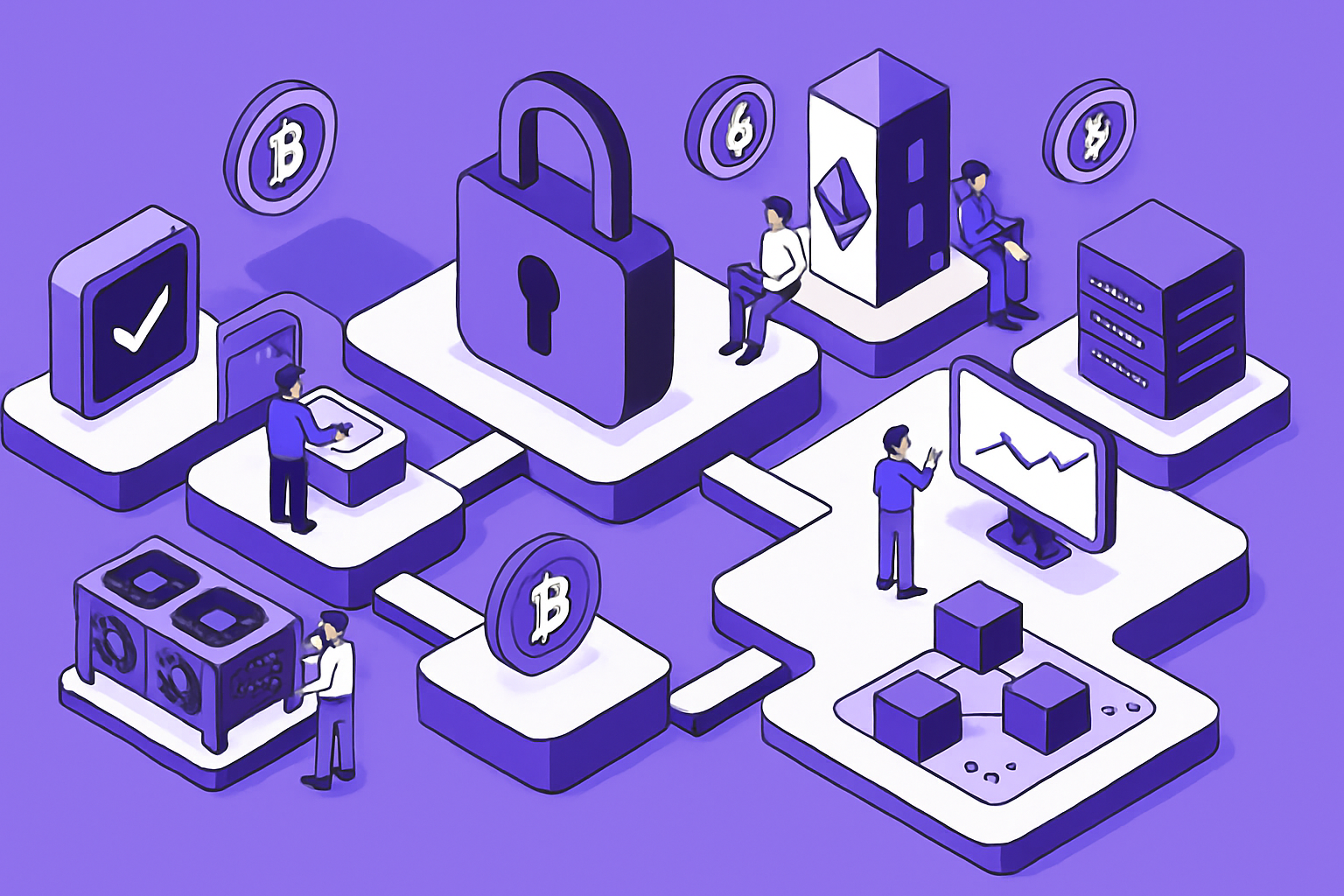
Onchain attestations are redefining how Web3 projects approach Know Your Customer (KYC) compliance, especially for allowlists and token sales. Instead of relying on siloed, off-chain databases or repeated manual checks, platforms can now issue, manage, and verify KYCed addresses directly on blockchain networks. This paradigm shift is not just about ticking regulatory boxes – it’s about building a seamless, privacy-preserving foundation for digital identity in the decentralized economy.

Why Onchain Attestations Matter for Web3 Allowlists
Allowlists are the backbone of fair token launches and gated community access in Web3. Traditionally, verifying eligibility required cumbersome manual processes or central databases that risked leaking sensitive user information. Onchain attestations solve this by linking verified credentials to blockchain addresses in a secure, immutable way.
For example, when a user completes KYC through a provider like Blockpass or OnchainKYCe. me, an attestation is issued to their wallet address. Smart contracts managing NFT drops or token sales can then reference these attestations to grant access – no need to view underlying personal data or rerun checks. This design pattern is rapidly becoming the standard across major chains and dApps.
Enhanced Security and Privacy: Zero-Knowledge Proofs in Action
The most powerful aspect of onchain attestations is their privacy model. Rather than exposing Personally Identifiable Information (PII), these systems confirm only that an address meets criteria (e. g. , has passed KYC) without revealing any underlying details. Solutions like Blockpass’s On-Chain KYC® 2.0 leverage zero-knowledge proofs and cryptographic signatures so that only verification results are shared with smart contracts.
This minimizes attack surfaces for data breaches and ensures compliance with global privacy laws – a critical factor as regulators scrutinize DeFi and token launches more closely each year.
Reusable Credentials: Streamlining User Experience Across Platforms
One of the biggest pain points for crypto users is repeated KYC checks across different platforms or projects. With onchain attestations, users undergo identity verification once and can reuse those credentials anywhere that recognizes the attestation schema. This frictionless experience is already being adopted by innovative protocols such as Attest Protocol and Solana Attestation Service.
The result? Faster onboarding for users, reduced operational costs for projects, and higher assurance for allowlist managers running token sales or exclusive communities. For a deep dive into specific implementation patterns and technical details, see How Onchain Attestations Streamline KYC for Web3 Allowlists and Token Sales.
Developers and compliance leads are already seeing the tangible benefits. Smart contracts can now perform eligibility checks in real time by referencing onchain attestations, removing the need for manual intervention or off-chain lookups. This is especially impactful for high-demand token sales, where speed and trust are paramount. Instead of bottlenecking launches with slow verification queues, projects can enable instant allowlist access, all while meeting global KYC/AML requirements.
Top Use Cases for Onchain Attestations in Web3
-
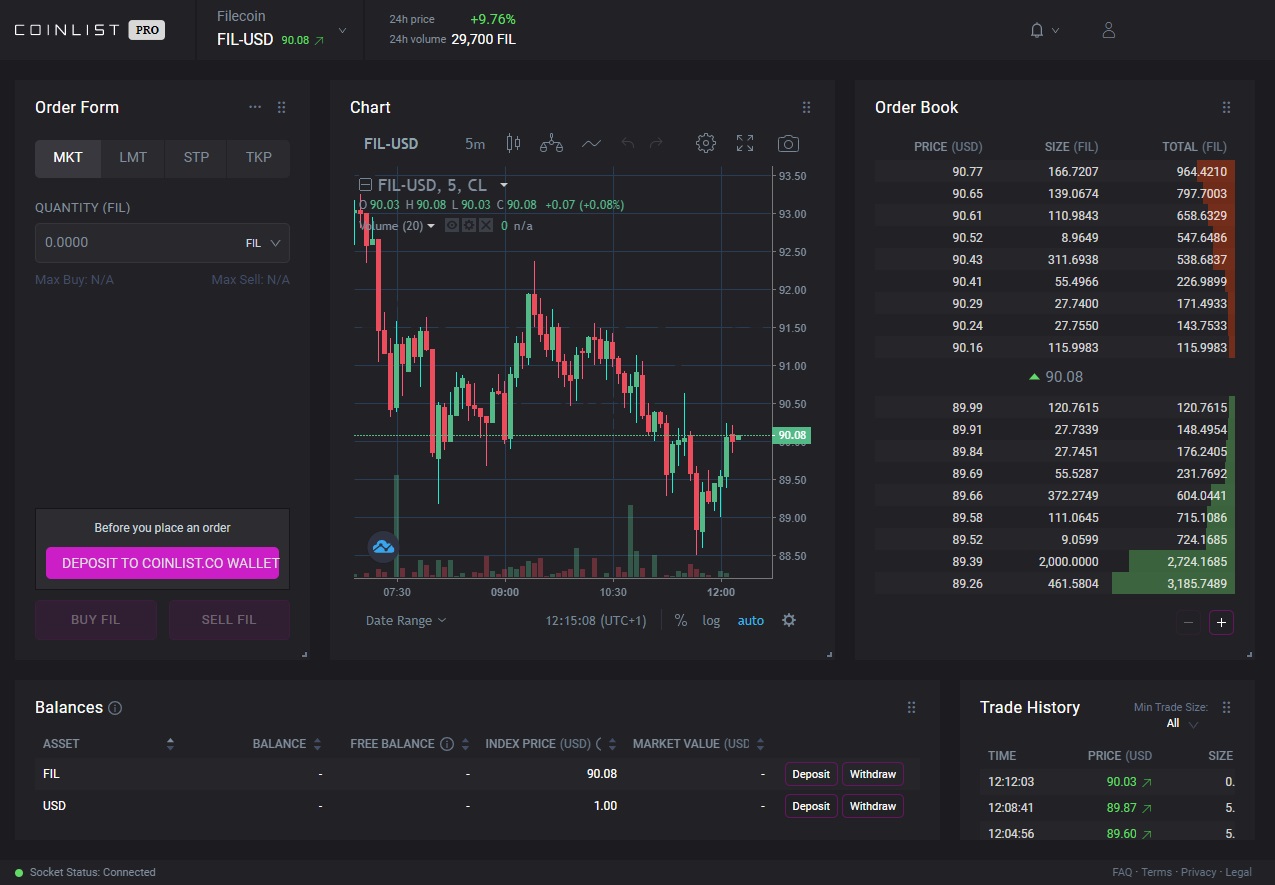
Token Sales Compliance: Platforms like CoinList leverage onchain KYC attestations to verify participants in token sales, ensuring regulatory compliance and reducing fraud risk.
-
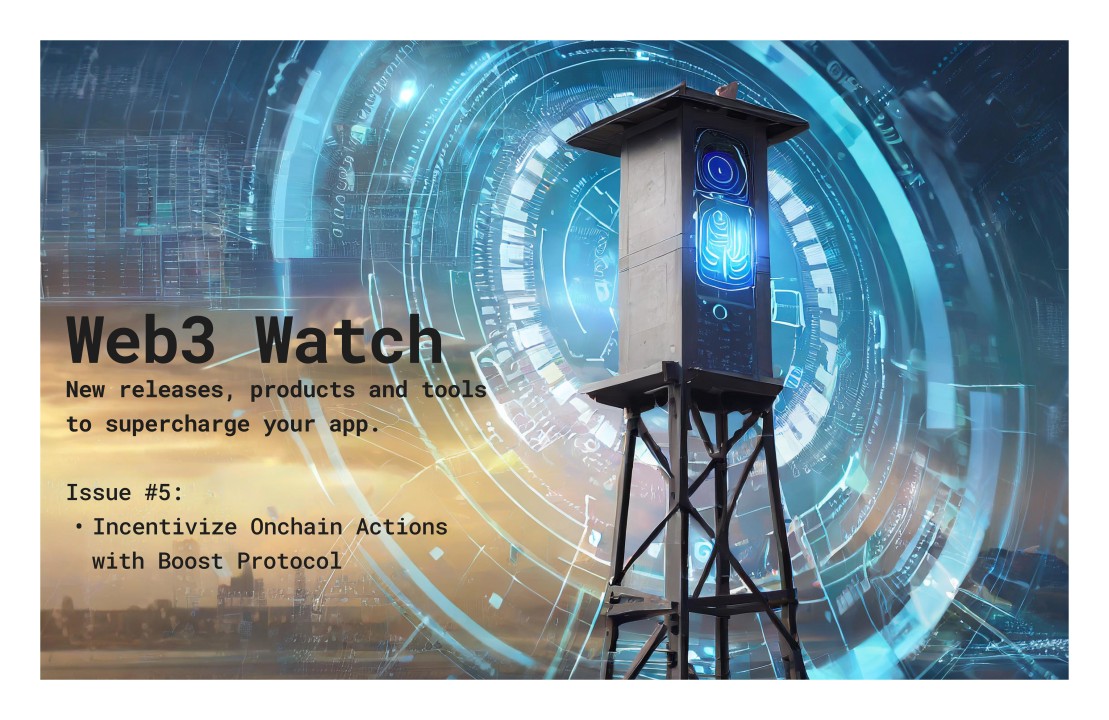
NFT Allowlists: Many NFT projects use onchain attestations to manage allowlists, granting minting rights only to verified wallets. This pattern is common in major NFT launches across Ethereum and Solana.
-
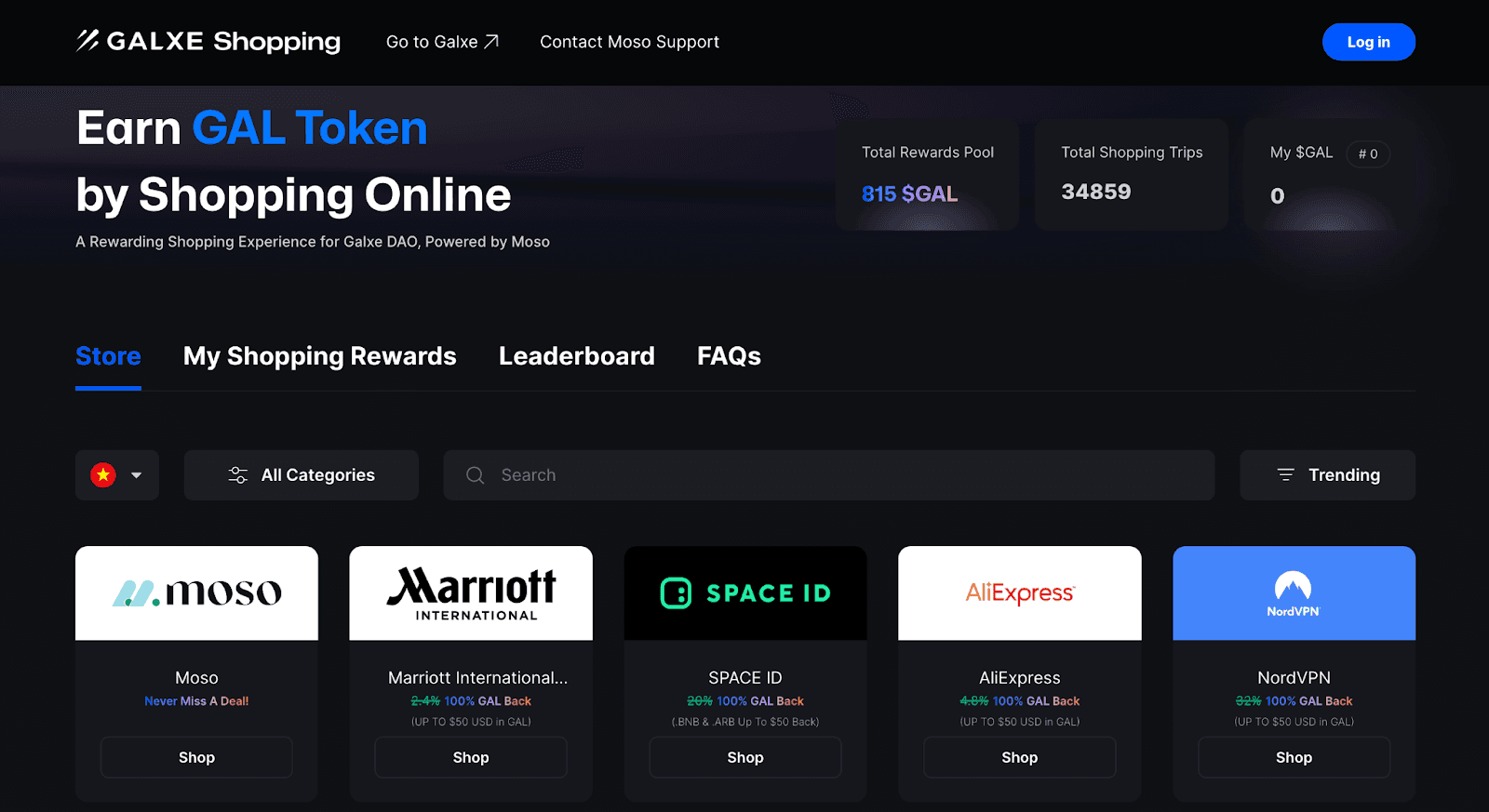
Gated DeFi Communities: Tools like Formo enable token-gated access to DeFi communities and forms, ensuring only KYC-verified users can join exclusive events or governance.
-
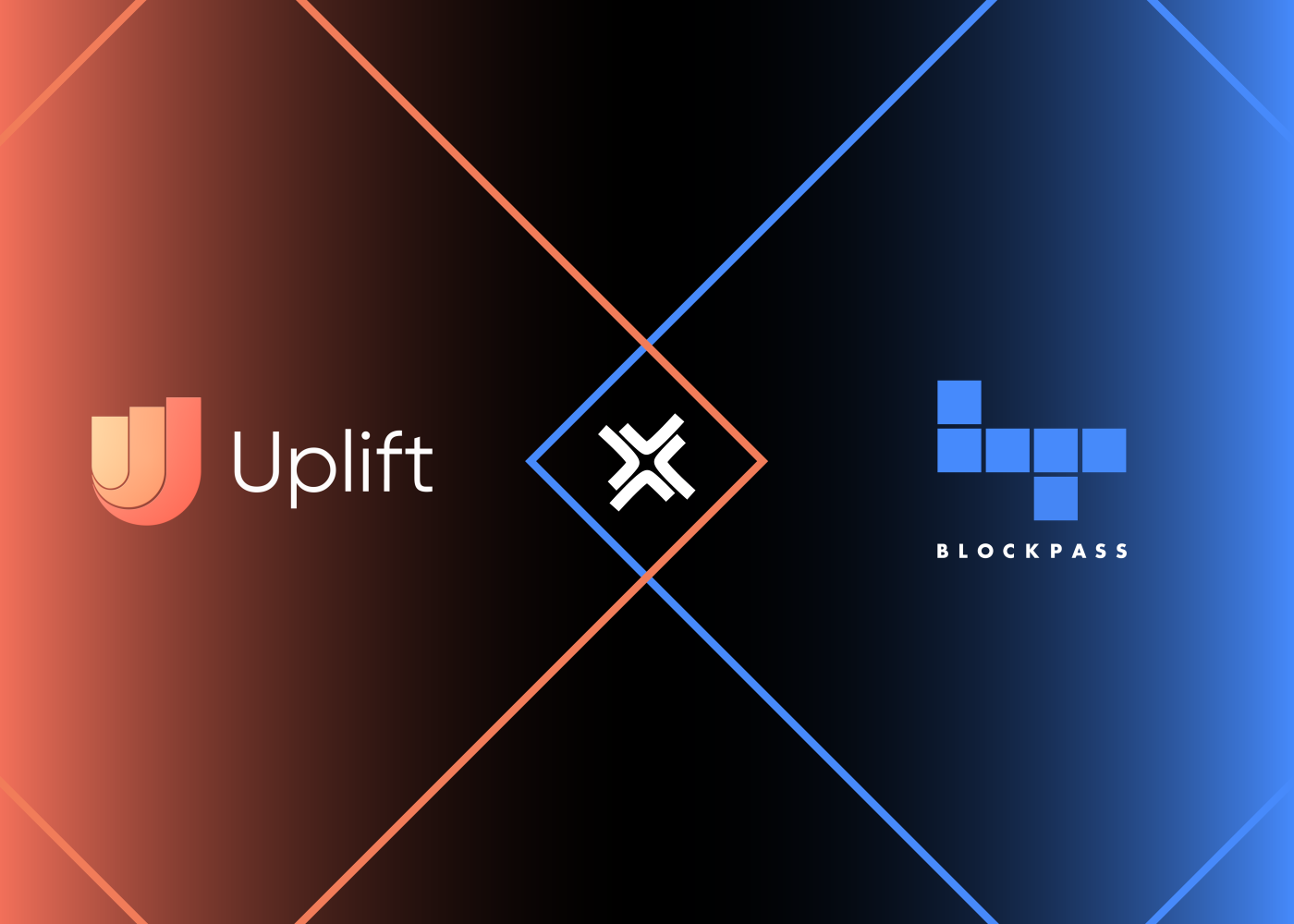
Cross-Platform Identity Reuse: Solutions such as Blockpass On-Chain KYC® 2.0 and Solana Attestation Service allow users to reuse their verified digital identity across multiple dApps, streamlining onboarding and enhancing privacy.
Interoperability is another critical advantage. As more platforms adopt standardized attestation schemas, such as those supported by Attest Protocol or Solana Attestation Service, users gain a portable identity layer that works across ecosystems. For example, a KYCed address attested on one network can participate in exclusive NFT drops, join DAOs with compliance gates, or access regulated DeFi products without re-verifying at every step.
From a risk management perspective, onchain attestations also provide robust audit trails and transparency. Every credential issuance or revocation is immutably recorded on the blockchain. This not only deters bad actors but also gives projects a defensible compliance posture if questioned by regulators or auditors. The net effect: fewer loopholes for fraud and a higher bar for security across the board.
Practical Integration: How Projects Can Get Started
Integrating onchain attestations into existing Web3 workflows is becoming increasingly straightforward. Many KYC providers now offer developer-friendly APIs and SDKs that automate attestation issuance upon successful verification. For smart contract teams, referencing these attestations is as simple as checking an address’s status against a published registry or using purpose-built verification functions within their contracts.
For allowlist managers overseeing token launches or NFT mints, this means less time spent wrangling spreadsheets and more focus on community growth and security. It’s no coincidence that leading projects are moving away from legacy off-chain lists to fully attested models, especially as privacy regulations tighten worldwide.
Looking ahead, expect to see even greater composability between attestation providers and dApps. As protocols like OnchainKYCe. me expand their reach with privacy-first features and cross-chain compatibility, the friction of onboarding will continue to drop. Ultimately, by anchoring digital identity directly to the blockchain, with verifiable credentials instead of static paperwork, Web3 can deliver both regulatory peace of mind and a superior user experience.
If you’re building in this space or managing compliance for your next token sale or community launch, it’s time to embrace the new standard in identity verification. Learn more about technical integration patterns and best practices at How Onchain Attestations Streamline KYC Verification for Web3 Token Sales and Allowlists.






